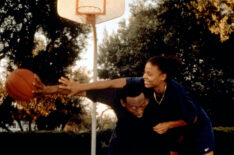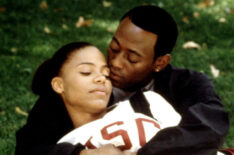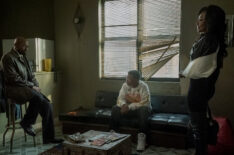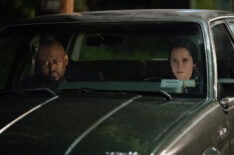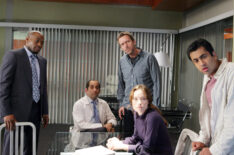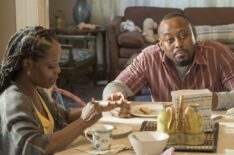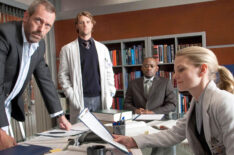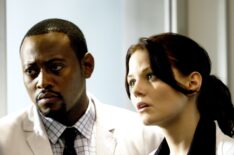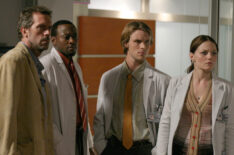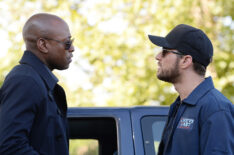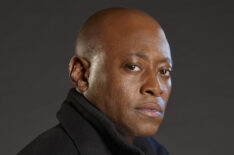Omar Epps
Credits
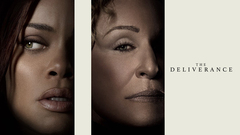
The DeliveranceStream
Actor
Melvin
Movie
2024

The Daily ShowStream
Guest
Series
2023

Writing Black With Maiysha Kai
Guest
Show
2022
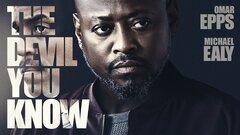
The Devil You KnowStream
Actor
Marcus Cowans
Movie
2022

The Devil You KnowStream
Executive Producer
Movie
2022
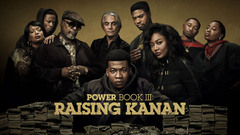
Power Book III: Raising KananStream
Actor
Howard
Series
2021

Name That TuneStream
Guest
Series
2021

American Valor: We Stand Together
Narrator
Show
2020

GMA3: What You Need to Know
Guest
Show
2020

Fatal Affair
Actor
David Hammond
Movie
2020

Access Daily
Guest
Talk
2019

Tamron HallStream
Guest
Talk
2019

Today With Hoda & Jenna
Guest
Show
2019

The DL Hughley Show
Guest
Show
2019

Trick
Actor
Det. Mike Denver
Movie
2019

3022
Actor
John Laine
Movie
2019

American Valor: A Salute to Our Heroes
Narrator
Show
2018

Today 3rd Hour
Guest
Show
2018

Chatter
Guest
Show
2018
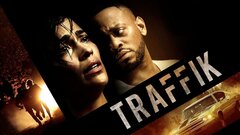
TraffikStream
Actor
John
Movie
2018

Live with Kelly and Ryan
Guest
Talk
2017

Wrestling: WWE Raw
Actor
Isaac Johnson
Show
2017

ShooterStream
Actor
Isaac Johnson
Series
2016

This Is UsStream
Guest Star
Darnell
Series
2016

Today's Take
Guest
Show
2016

Almost ChristmasStream
Actor
Malachi
Movie
2016

Hollywood Today Live
Guest
Show
2014

Funniest Wins
Guest Star
Show
2014
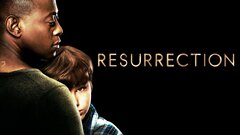
ResurrectionStream
Actor
J. Martin Bellamy
Series
2014

Daddy Don't Go
Executive Producer
Movie
2014
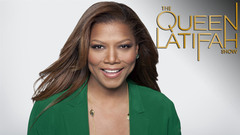
The Queen Latifah Show
Guest
Talk
2013

The Arsenio Hall Show
Guest
Show
2013

The Real
Guest
Talk
2013

Politicking With Larry King
Guest
Show
2013
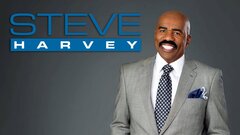
Steve Harvey
Guest
Talk
2012

Live! With Kelly and Michael
Guest
Talk
2012

Entertainment Studios.TV
Guest
Show
2012

Larry King NowStream
Guest
Talk
2012

The Chew
Guest
Talk
2011

Dish Nation
Guest
Talk
2011

You, Me & The Circus
Producer
Movie
2011

The Talk
Guest
Talk
2010

Access Hollywood Live
Guest
Show
2010
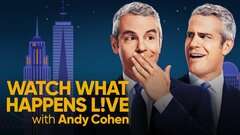
Watch What Happens Live With Andy CohenStream
Guest
Talk
2009
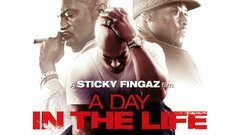
A Day in the LifeStream
Actor
O
Movie
2009

The Wendy Williams Show
Guest
Talk
2008

Today With Kathie Lee & Hoda
Guest
Show
2007

Rachael Ray Show
Guest
Talk
2006
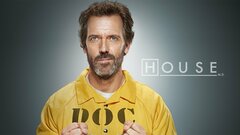
HouseStream
Actor
Dr. Eric Foreman
Series
2004

Against the Ropes
Actor
Luther Shaw
Movie
2004

AlfieStream
Actor
Marlon
Movie
2004
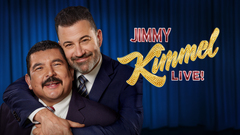
Jimmy Kimmel Live!Stream
Guest
Talk
2003

Big Trouble
Actor
Seitz
Movie
2002

Conviction
Actor
Carl Upchurch
Movie
2002

Perfume
Actor
J.B.
Movie
2001
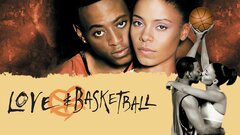
Love and BasketballStream
Actor
Quincy McCall
Movie
2000
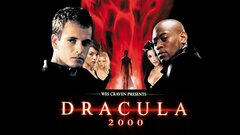
Dracula 2000Stream
Actor
Marcus
Movie
2000

Brother
Actor
Denny
Movie
2000

The Daily Show With Jon StewartStream
Guest
Talk
1999

Cité obscure
Actor
Movie
1999

Demasiado Adentro
Actor
Movie
1999

Breakfast of Champions
Actor
Wayne Hoobler
Movie
1999
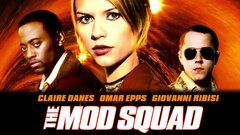
The Mod SquadStream
Actor
Lincoln Hayes
Movie
1999
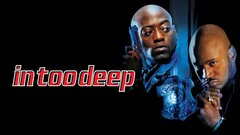
In Too DeepStream
Actor
Jeff Cole/J. Reid
Movie
1999
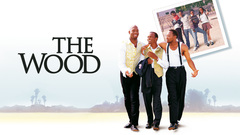
The WoodStream
Actor
Mike
Movie
1999

The View
Guest
Talk
1997

Criminal por Primera Vez
Actor
Movie
1997

First Time Felon
Actor
Greg Yance
Movie
1997
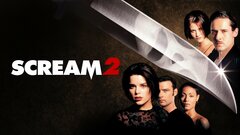
Scream 2Stream
Actor
Phil Stevens
Movie
1997

Access HollywoodStream
Guest
News
1996

Deadly Voyage
Actor
Kingsley Ofusu
Movie
1996
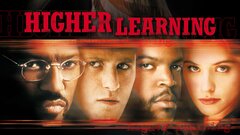
Higher LearningStream
Actor
Malik Williams
Movie
1995
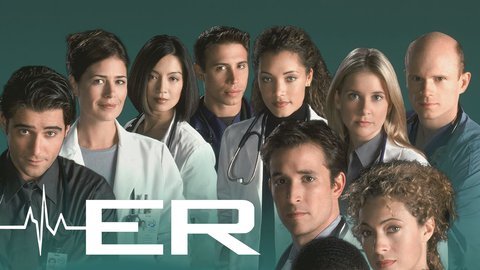
ERStream
Actor
Series
1994

ERStream
Guest Star
Series
1994
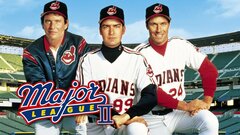
Major League IIStream
Actor
Willie Mays Hayes
Movie
1994

Terror Bajo Tierra
Actor
Movie
1993

Daybreak
Actor
Hunter
Movie
1993
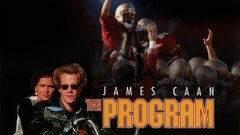
The ProgramStream
Actor
Darnell Jefferson
Movie
1993

Amanecer Sin Futuro
Actor
Movie
1993
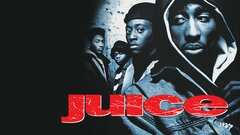
JuiceStream
Actor
Q
Movie
1992

Entertainment Tonight
Guest
News
1981

Good Morning AmericaStream
Guest
News
1975
News aboutOmar Epps

‘Celebrity Name That Tune’ Announces Star-Studded Season 5 Lineup
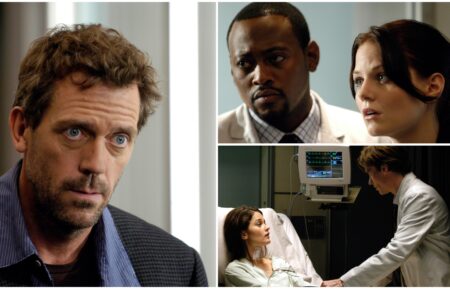
Making ‘House’: How the Medical Drama’s Pilot Came Together

14 Best Fall Rom-Coms, Ranked
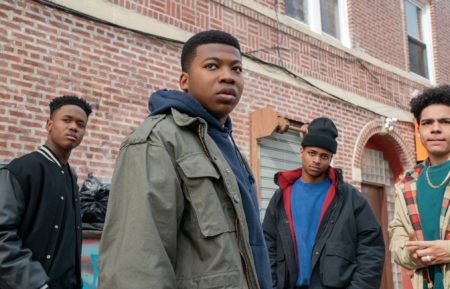
‘Power Book III: Raising Kanan’: Starz Unveils First Look at Spinoff in New Trailer (VIDEO)
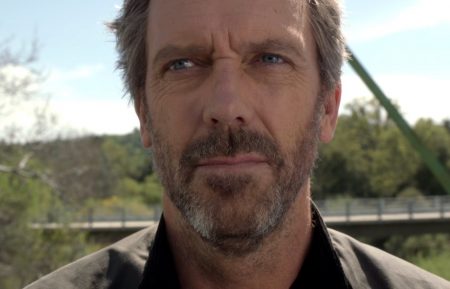
The 10 Best Episodes of ‘House,’ 15 Years Later (PHOTOS)
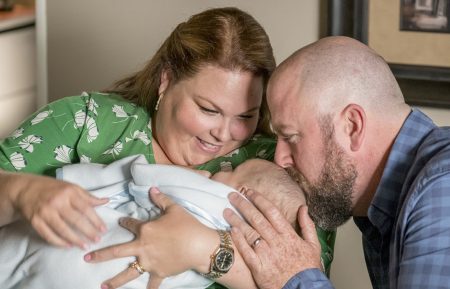
Spoiler Alert
‘This Is Us’ Season 4 Premiere: The Pearsons Meet Some ‘Strangers’ (RECAP)
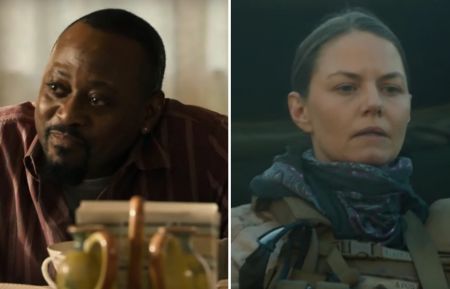
‘This Is Us’ Season 4: See Omar Epps, Jennifer Morrison & More in First Trailer (VIDEO)
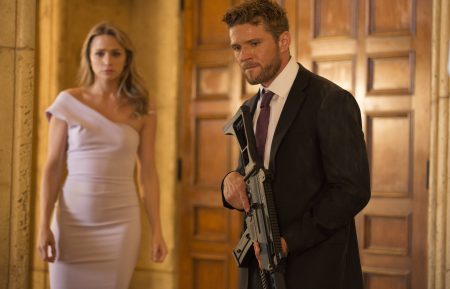
5 Things You Need to Know About the Second Season of ‘Shooter’
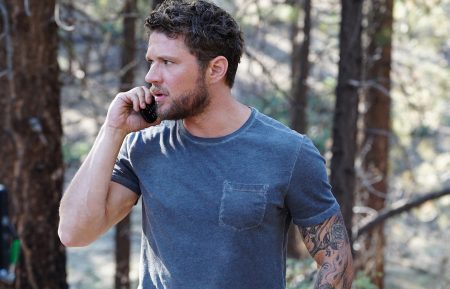
Want to Be on ‘Shooter’ With Ryan Phillippe and Omar Epps? Here’s How!
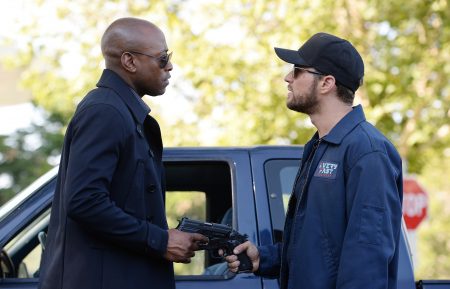
Ryan Phillippe’s ‘Shooter’ Renewed for Season 2
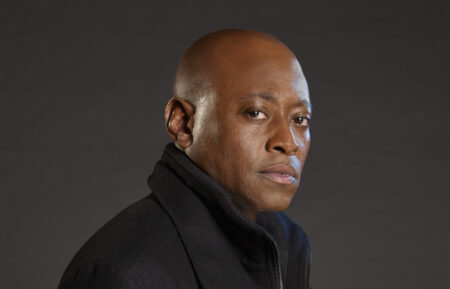
‘Shooter’s Omar Epps on Playing the ‘Unpredictable’ Isaac
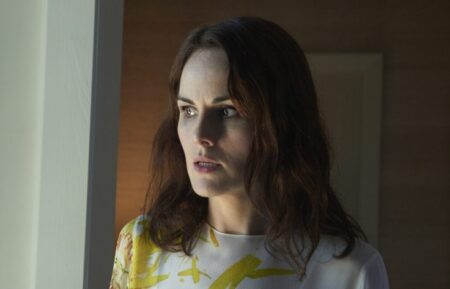
Roush Review: Lady Mary’s Bad ‘Behavior’, a Heroic ‘Shooter’, ‘Sweet/Vicious’ Campus Vigilantes
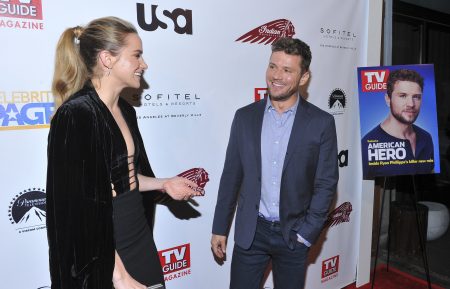
‘TV Guide Magazine’ Cover Party for ‘Shooter’s Ryan Phillippe
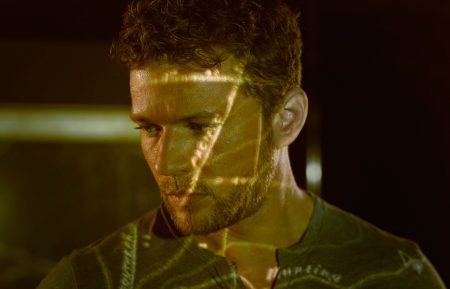
‘Shooter’: Ryan Phillippe is Fired Up to Play a Former Marine Sniper in USA’s New Thriller
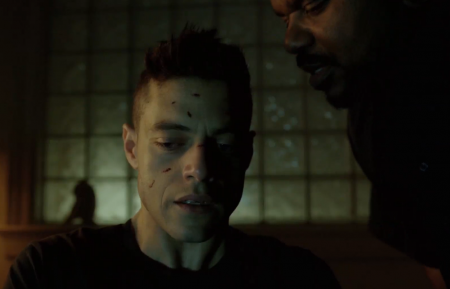
USA Upfront: New Trailers for ‘Mr. Robot’ and 2 New Dramas



